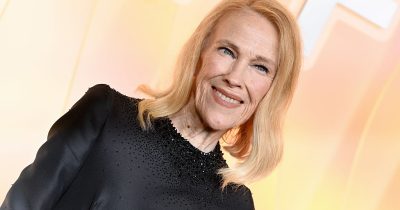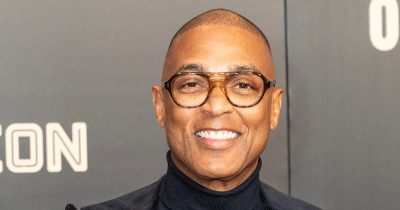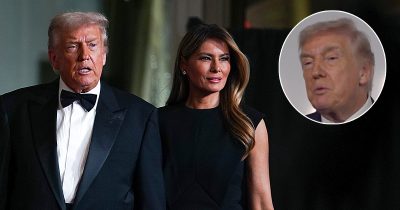
It’s been three decades since Monica Lewinsky’s name became etched into American history — but now, at 51, she’s reclaiming her story in her own words.
Appearing on Elizabeth Day’s podcast How To Fail, the former White House intern reflected on the high-profile affair with then-President Bill Clinton that not only rocked Washington, but also nearly ruined her life.
Lewinsky was just 22 when the scandal broke. Clinton was 49 and the most powerful man in the world. The relationship dominated headlines, triggered an impeachment, and unleashed a tidal wave of public shaming — mostly aimed at her.
Reveals whether she loved Bill Clinton or not
And for the first time in years, Monica is revisiting the emotional truth behind it all.
“It was 22 to 24-year-old young woman’s love,” she said.
“I think there was some limerence there and all sorts of other things, but that’s how I saw it then. I think it was also an abuse of power.”
Lewinsky didn’t hold back when talking about the damaging narrative the White House pushed after the scandal broke.
“My very first job out of college was working in the White House,” she explained.
“I don’t think that’s the kind of trajectory that someone thinks then 10, 12 years later, that person’s not going to be able to get hired.”
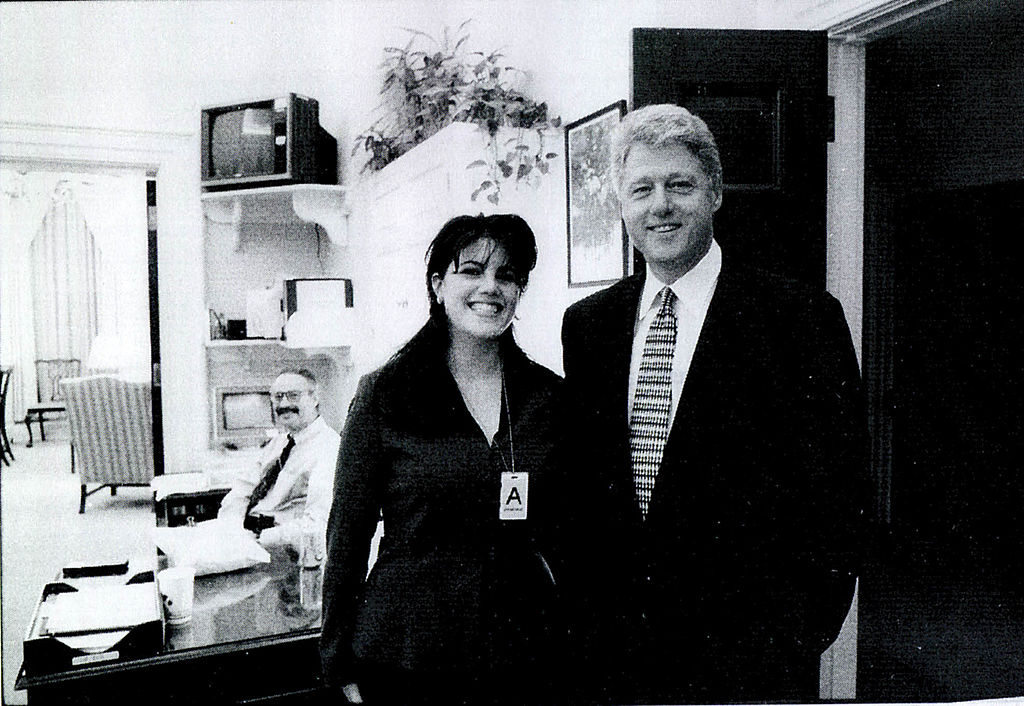
After the affair was exposed, Lewinsky said the Clinton administration spun a humiliating version of her—branding her with the outdated and degrading label: “bimbo.”
“I wasn’t a dumb bimbo. I was portrayed to be, and that was a big struggle for me to deal with that.”
She added that much of the backlash came from women, even though it was a narrative “crafted and put out by the White House.”
“That mantle was picked up by a lot of women,” she said.
Following the scandal, Clinton initially denied the affair — until August 17, 1998, when he publicly admitted he was “solely and completely responsible” for the relationship.
Became the butt of jokes
Lewinsky has spoken out before about the immense toll the media circus took on her. She became the butt of jokes, was hounded by reporters, and fell into a deep depression.
“I love and appreciate who I am now, but I think for so many different reasons, I would’ve liked a more normal life,” she admitted.
“I would’ve liked to have had a more normal trajectory.”
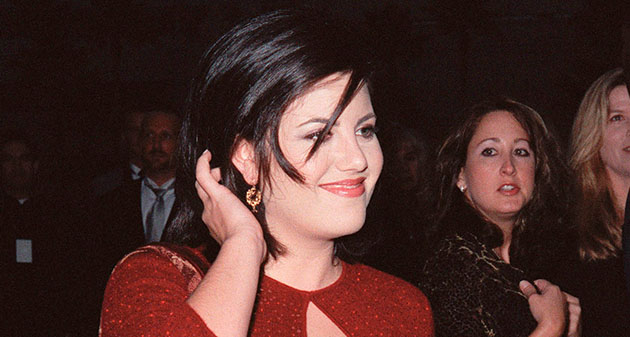
During a separate appearance on the Call Her Daddy podcast with host Alex Cooper, Monica dove even deeper into what life was like after becoming that intern.
“You were 22 years old, he was 49, you were an intern. He was the President of the United States,” Cooper framed.
Lewinsky responded:
“I was very quickly painted as a stalker, mentally unstable, not attractive enough.”
Pointed out one key detail
The cost of that reputation, she said, was losing not just her anonymity but her future.
“Because of the power dynamics, and the power differential, I never should’ve been in that f***ing position,” she admitted.
Looking back, Monica says the damage wasn’t limited to her own life. She points to one key detail: it left lasting scars on an entire generation of women who watched her be publicly shamed and humiliated for a deeply personal mistake.
“There was so much collateral damage for women of my generation to watch a young woman to be pilloried on the world stage, to be torn apart for my sexuality, for my mistakes, for my everything.”
Three decades later, Monica Lewinsky isn’t asking for pity. She’s asking for people to listen — and finally see her as more than a footnote in someone else’s legacy.
Monica Lewinsky’s raw honesty also forces us to ask: Have we really learned anything? In an age where public shaming has only gotten louder and faster, is society any more forgiving toward young women caught in the crossfire of powerful men and media frenzy? Or are we still repeating the same mistakes —just with new hashtags?
